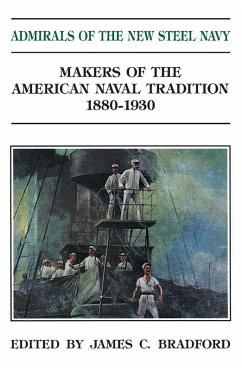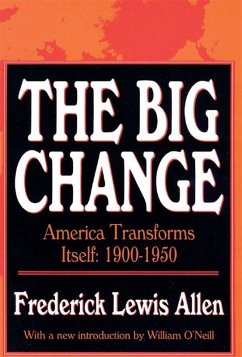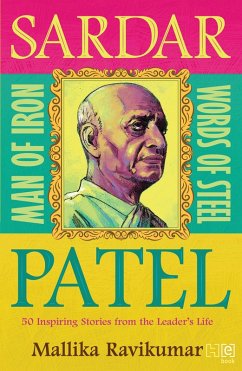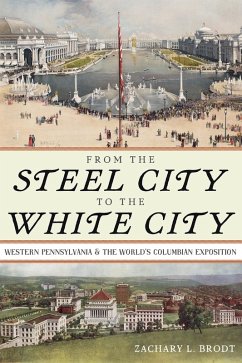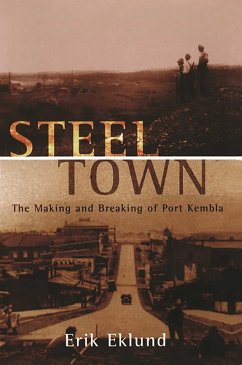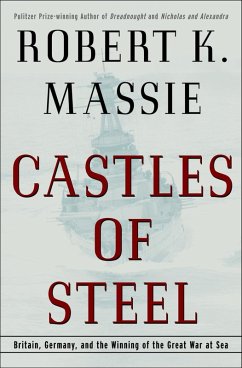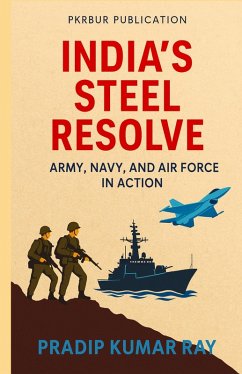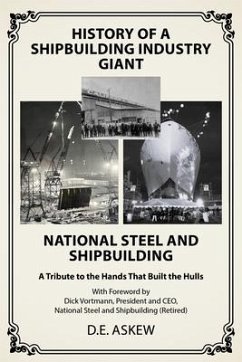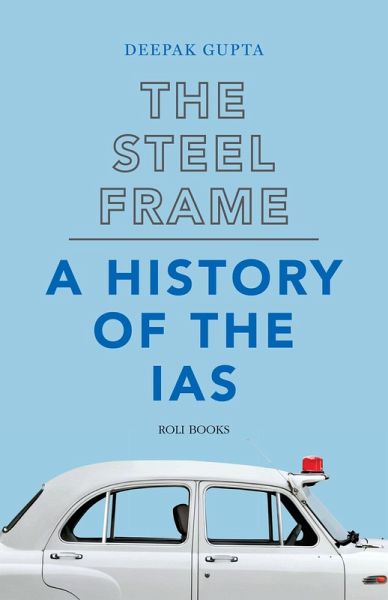
The Steel Frame: A History of the IAS (eBook, ePUB)

PAYBACK Punkte
3 °P sammeln!
Deepak Gupta did his BA from Allahabad, MA from St Stephen's college and MPhil in International relations from JNU. From the IAS batch of 1974, he has spent many years in the field in the erstwhile state of Bihar, including two districts (Saharsa 1979-80; Rohtas 1986-88) as Collector. He served in many departments¿in state and center and was also posted in India Trade Centre, Brussels and spent a year as WHO Advisor on TB in Delhi. He retired in 2011 as Secretary, Ministry of New and Renewable Energy. After retirement he consulted with the World Bank and UNIDO and writes on issues of energy a...
Deepak Gupta did his BA from Allahabad, MA from St Stephen's college and MPhil in International relations from JNU. From the IAS batch of 1974, he has spent many years in the field in the erstwhile state of Bihar, including two districts (Saharsa 1979-80; Rohtas 1986-88) as Collector. He served in many departments¿in state and center and was also posted in India Trade Centre, Brussels and spent a year as WHO Advisor on TB in Delhi. He retired in 2011 as Secretary, Ministry of New and Renewable Energy. After retirement he consulted with the World Bank and UNIDO and writes on issues of energy and sustainable development. He was Chairman of UPSC from November 2014 to September 2016. His published works include Documentation of Participatory Irrigation Management, Covering a Billion with DOTS, Achieving Universal Energy Access in India: Challenges and Way Forward, and Caught by the Police.
Dieser Download kann aus rechtlichen Gründen nur mit Rechnungsadresse in A, D ausgeliefert werden.




